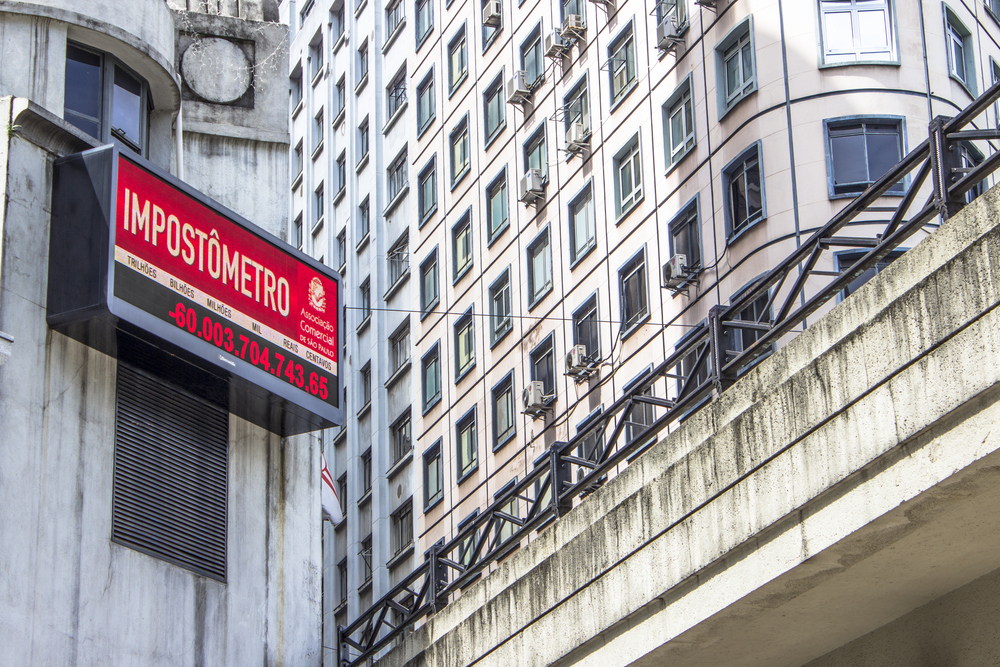[ad_1]
A judge in Mérida, Yucatán, has issued a provisional suspension order against the construction of the Maya Train railroad between the Quintana Roo resort towns of Playa del Carmen and Tulum due to environmental concerns.
In response to a lawsuit filed by a civil society organization on behalf of three speleologists from Playa del Carmen, the judge ruled that all work on the southern portion of section 5 of the railroad must stop due to the “imminent risk” of “irreversible damage” to the Mayan jungle, caves, subterranean rivers and cenotes (natural sinkholes) and the absence of environmental studies and permits.
According to the newspaper El Universal, which obtained a copy of the ruling, Adrián Fernando Novelo Pérez ruled that work on the Quintana Roo section, which began in February, isn’t being carried out in accordance with standards that afford “the highest protection to the environment and water of the affected communities.”
The federal government modified the route for section 5 of the 1,500-kilometer railroad earlier this year, moving the Cancún-Tulum stretch inland after the business community in Playa del Carmen complained about its construction through the center of the coastal resort city.
Jungle has already been cleared for the construction of tracks along the modified route, triggering protests both at the site of the deforestation and online.

The ruling handed down by the Mérida-based judge, which prohibits developers from clearing any additional swathes of jungle, will remain in effect until a decision on a definitive suspension order is made.
Filed late last month by the Cancún based organization Defendiendo el Derecho al Medio Ambiente (Defending the Right to the Environment), the lawsuit questioned why environmental protection agency Profepa hasn’t intervened to stop work on the Quintana Roo section given that environmental studies haven’t been completed and permits haven’t been issued.
The judge acknowledged that there is no evidence that an environmental impact study has been carried out and cited a Supreme Court precedent that establishes that the execution of a project without environmental authorization is “sufficient to consider that the ecosystem in which it will be developed has been placed at risk.”
Novelo’s ruling was thus based on the precautionary principle – enshrined in the General Law of Ecological Balance and Environmental Protection, which assumes there is potential for harm when there is a lack of information to the contrary.
Other court orders have temporarily stopped work on the Maya Train railroad – which will run through Tabasco, Campeche, Yucatán, Quintana Roo and Chiapas and is scheduled to begin operations next year – but they haven’t managed to definitively halt the project, one of the federal government’s signature infrastructure projects.
President López Obrador has said that environmental studies for section 5 of the railroad are underway and has not expressed concern about the commencement of work before their completion. He has repeatedly defended the US $8 billion railroad from an environmental standpoint and described those opposed to the project as “pseudo-environmentalists.”

On Tuesday, López Obrador claimed that “international organizations” are partially funding the campaign against the Maya Train.
“There is a campaign against the Maya Train with political, not environmental, aims, financed by international organizations and Mexican businesspeople and they’re using pseudo-environmentalists,” he said.
“There may be people concerned about the environment but in general it’s people without convictions, without moral scruples of any kind,” López Obrador said.
“… There are more and more environmentalists who didn’t [previously] exist, who weren’t present,” he told reporters at his regular news conference.
López Obrador repeated his objection to the United States government funding “groups that act in Mexico” that are “against us, like Claudio X. González’s group and [those of] other people who oppose us,” including environmental associations.
González is the founder of Mexicans Against Corruption and Impunity (MCCI), which López Obrador has previously accused of receiving money from United States-based foundations to fight the Maya Train, an accusation it denied.

The federal government last year sent a diplomatic note to its counterpart asking it to explain why it had provided funding to MCCI, which has exposed alleged corruption within the López Obrador administration.
In 2021, the president repeatedly railed against the U.S. government’s funding of Mexican civil society organizations that he regards as opponents of his administration.
But despite López Obrador calling on it to stop funding what he described as political groups that disguise themselves as NGOs, the U.S. government announced last June that it would in fact increase support to international partners committed to the elimination of corruption.
On Tuesday, AMLO also repeated his defense of the Maya Train project from an environmental point of view.
Section 5 of the railroad “respects subterranean rivers and doesn’t affect cenotes,” he said. “So much so that the farmers, community landowners and small landholders all gave their consent.”
López Obrador said that the government will review the ruling handed down by the Mérida-based judge before questioning where he, and people who purport to be environmentalists, were when projects that caused damage to the environment of the Yucatán Peninsula were previously carried out.
With reports from El Universal and Reforma
[ad_2]
Source link












